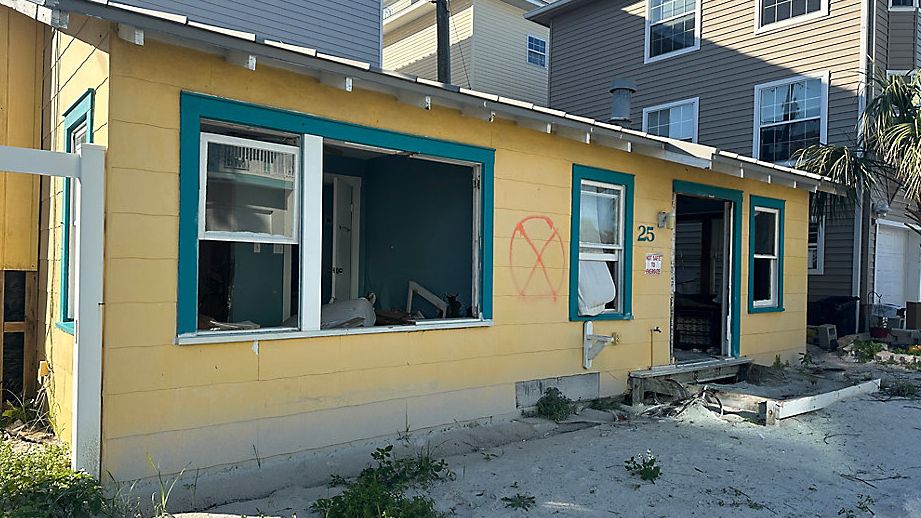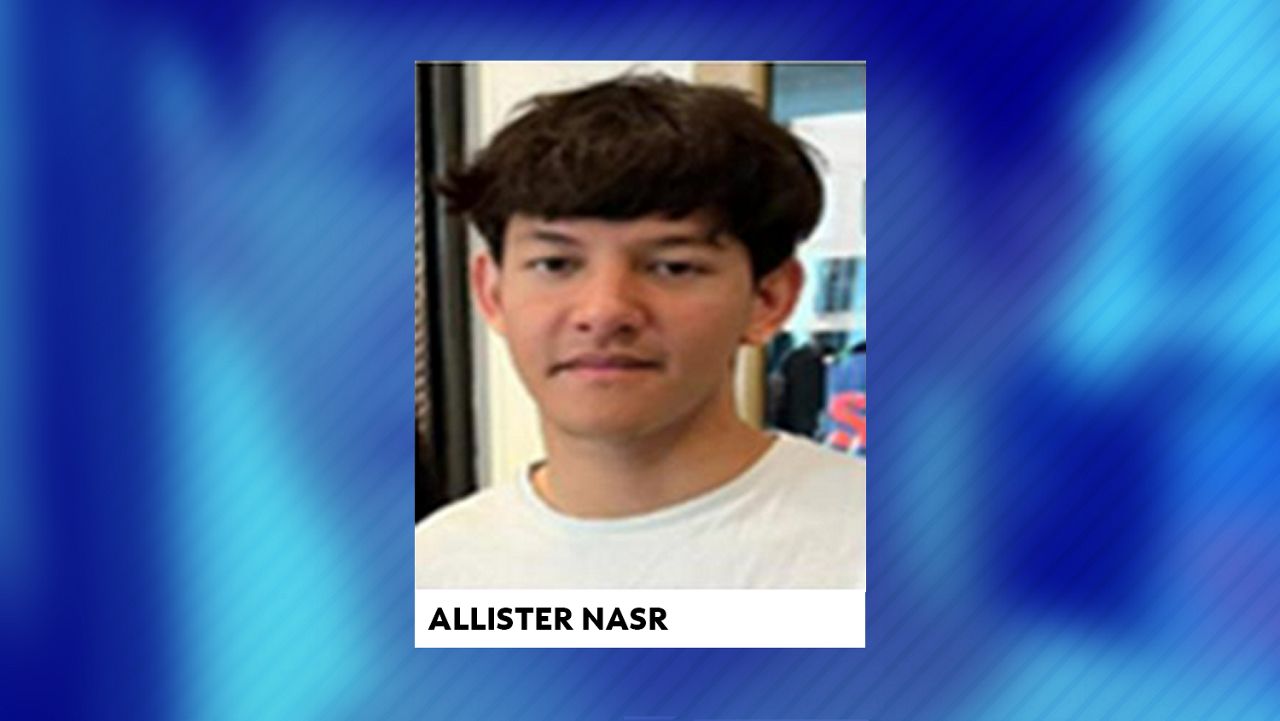PINELLAS COUNTY, Fla. — A bill that will create a unified set of rules for all short-term rentals in the state of Florida was passed by the state Senate Thursday.
SB 280, which is sponsored by Sen. Nick DiCeglie, of Pinellas County, would give the state government more control and create a set for standards for all vacation rental platforms like Airbnb and VRBO.
The bill passed 27-13.
“Not all communities regulate vacation rentals, but for those that do, the process should be consistent,” Sen. DiCeglie wrote in a statement to Spectrum Bay News 9. “The bill creates a uniform system for vacation rental registration that protects against price gouging by setting reasonable registration and inspection fees, and designates a responsible person who is available at all times to respond to complaints or emergencies.”
In addition to registration fees and requiring every short-term rental have someone available at all times to respond to complaints, SB 280 also allows local governments to suspend a registration for violation of local ordinances and states every rental must have a maximum occupancy clearly listed.
As of now, the rules can be different for each city in which a short-term rental is located. This has led to heated disagreements between neighbors in beachside cities like Indian Rocks Beach.
Matthew Barrowclough owns and operates six Airbnbs in Indian Rocks Beach and says with how short-term rentals are regulated now, there’s a lot of ambiguity for guests.
“No one’s going to get exactly what they want in any of this, but I think we all need to acknowledge and accept that it’s a complicated and challenging issue and we need to think about what’s the greater good,” he said.
The state legislature first started talking about this issue in 2011. Over time, as more short-term rentals have started operating in residential neighborhoods, residents have raised concerns about excess trash, too many cars and loud parties at all times of the day and night.
Attorney Patrick Smith feels those things are behavioral issues and can happen whether it’s a group of guests renting for the weekend or a full-time resident. He says when it comes to creating statewide regulations; he sees both sides of the argument.
“I think it’s important for the state level to provide some guidance for the county and city level governments but I think at the same time when you invite the government into the private home sector that can be dangerous because once you’ve invited them in, it can be dangerous to try to get them out again,” he said.
SB 280 was first introduced before the Senate Fiscal Policy Committee in January. After receiving criticism over the amount of money a local government can charge to register a vacation rental, he introduced an amendment saying rentals much be registered with a “reasonable fee.”







)

